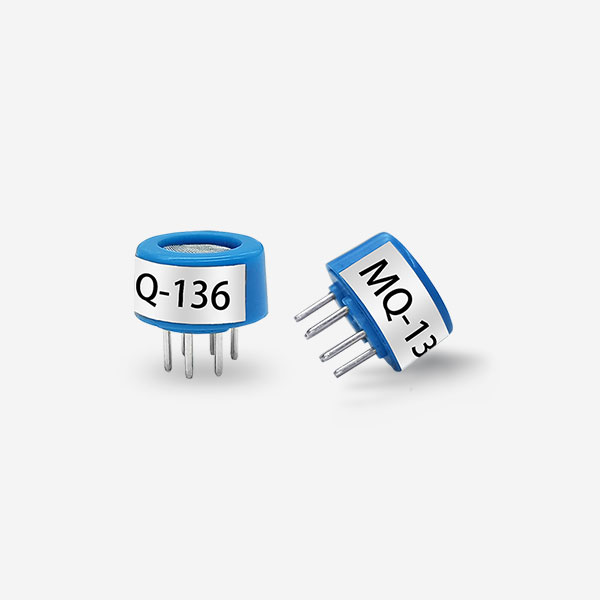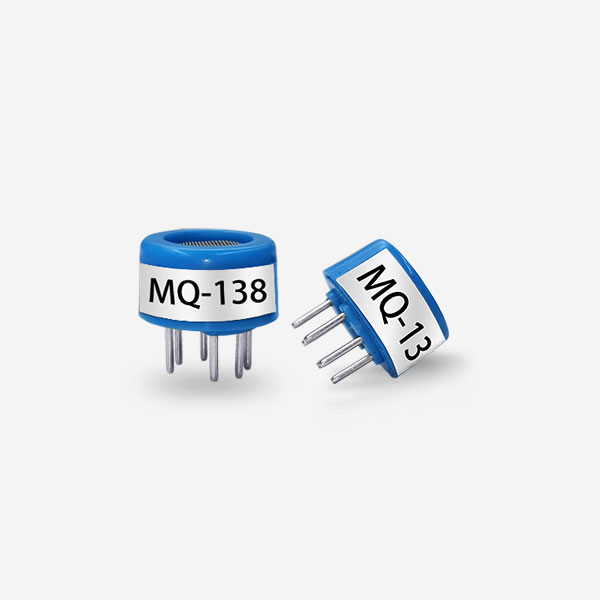Why know about gas detectors?
Understanding how a gas detector works will help you choose the right solution for your boat. Both stationary and portable gas detectors play a vital role in protecting crew safety and Marine ecosystems. Reliable, reliable gas detection methods are essential for effective protection of life at sea - dangerous gases are common hazards on board ships and present unique challenges for storage and transport at sea. Knowing how your gas detector works can help streamline your decision-making process when choosing equipment and technology to keep your staff safe.

How does a gas detector work?
To answer this question effectively, you first need to know what type of gas detector you are dealing with. Different gas detectors have different operating systems. This depends on the type of gas or gas designed to be detected. Gas detectors generally fall into three broad categories, which work in slightly different ways:
Electrochemistry: Highly sensitive electrochemical gas detectors measure toxic gases such as carbon monoxide. They operate through inductive electrodes in the air, sending out an electric current to sound the alarm.
Catalytic beads: Using platinum-treated coils, this type of gas detector most often identifies combustible gases in the air because the coils oxidize on contact with the gas, triggering an alarm. Catalytic gas detectors are very common, especially in the home environment.
Infrared: Sophisticated infrared technology uses transmitters and receivers to accurately measure gas levels in the air. Infrared gas detectors, most commonly used for hydrocarbons and combustible gases, use transmitted light to determine what type of gas and concentration is present, and sound an alarm when high concentrations are present.
All gas detectors have one feature in common. Once they detect a critical level of gas, they alert them with a loud sound, sometimes accompanied by visual cues such as flashing lights.
Which type of gas detector is most accurate?
All gas detectors offer accuracy, but some have enhanced safety benefits compared to most. This is because they simultaneously reduce the possibility of human error and failure, ensure that gas detectors operate at total capacity, and provide complete security.
The type of technology used by the gas detector depends on several factors. Including where it will be used? What do you need it for? And what type of gas is it designed to detect? Because different gases require different detection techniques.
Electrochemical sensors are mainly used for non-flammable gases, including O2, H2S and CO. Our model uses a catalytic sensor. Although it does not work in an inert atmosphere, it needs to be calibrated. But it can detect hydrogen in ways that infrared sensors can't.
All gas detectors have one feature in common. Once they detect a critical level of gas, they use a loud audible alarm, sometimes accompanied by a visual cue such as a flash.
 : +86 155 8830 2704
: +86 155 8830 2704 : jxdziot@gmail.com
: jxdziot@gmail.com
